联系我们
邮箱:shanghai.cga@nyu.edu
电话:+86 (21) 20595043
微信公众号:NYUShanghaiCGA
地址:
上海市浦东新区杨思西路567号
W822室

© 2024 All Rights Reserved
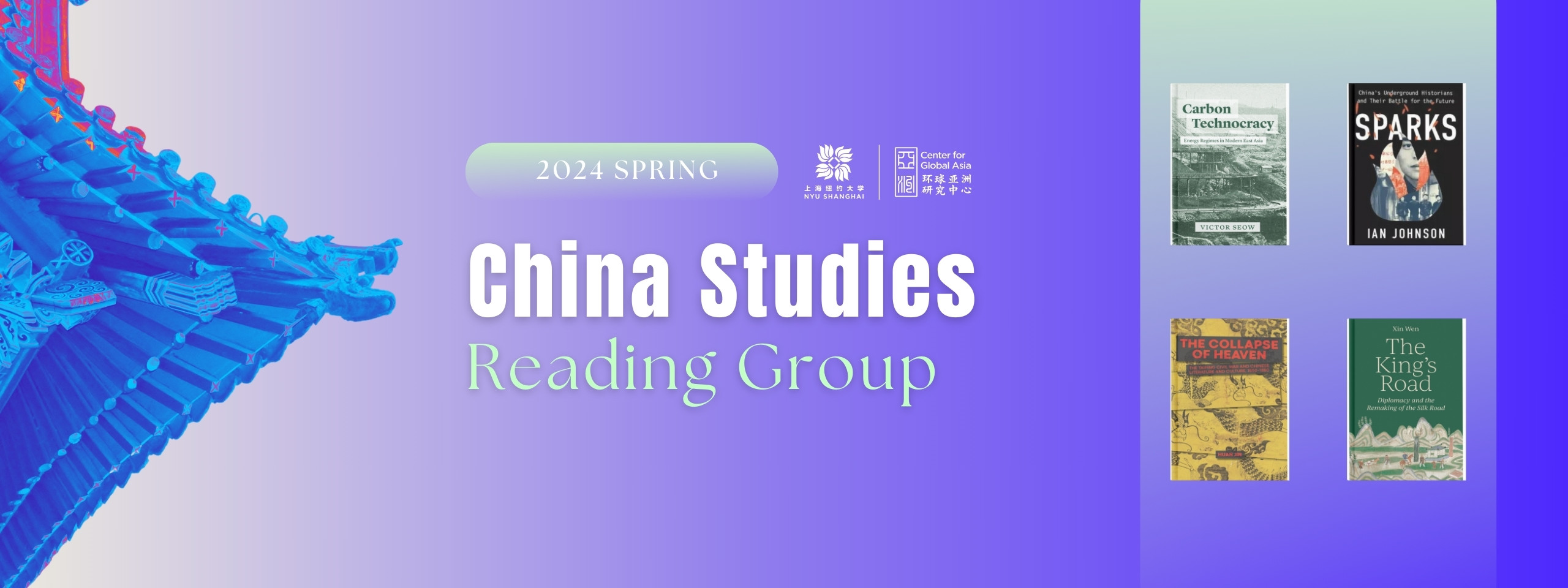
Organized by Tansen Sen, Director of the Center for Global Asia
Mengdie Zhao, Assistant Professor Faculty Fellow of Global China Studies
地点: N926, NYU Shanghai
New Bund Campus
CGA Coordinator: Sharon Zhang, sz2254@nyu.edu
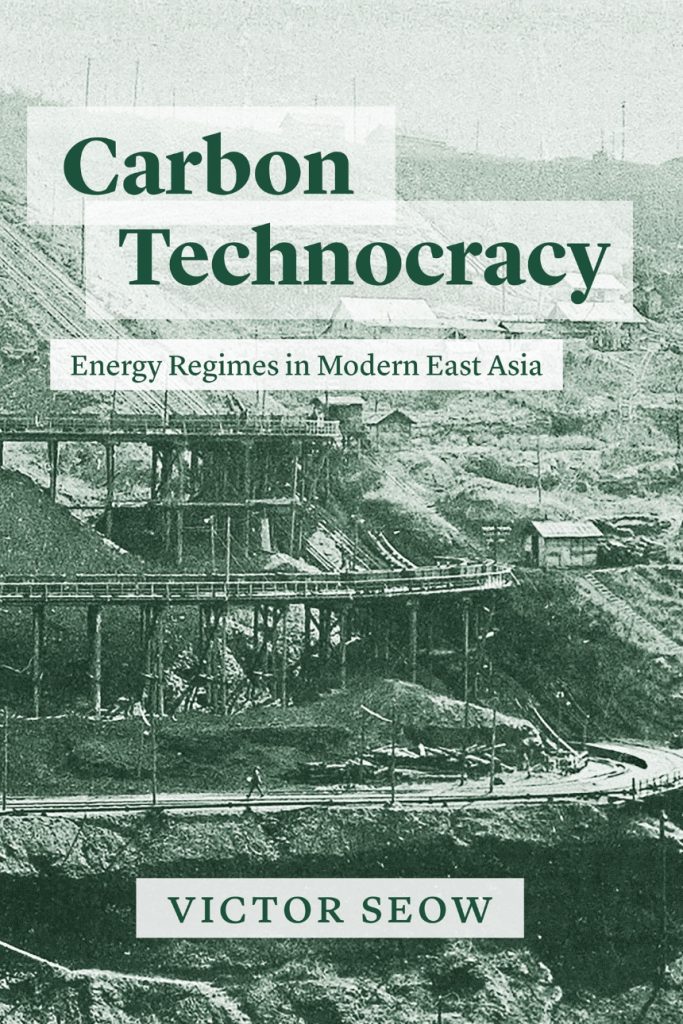
Carbon Technocracy: Energy Regimes in Modern East Asia
In Carbon Technocracy, Victor Seow uses the remarkable story of the Fushun colliery to chart how the fossil fuel economy emerged in tandem with the rise of the modern technocratic state. Taking coal as an essential feedstock of national wealth and power, Chinese and Japanese bureaucrats, engineers, and industrialists deployed new technologies like open-pit mining and hydraulic stowage in pursuit of intensive energy extraction. But as much as these mine operators idealized the might of fossil fuel–driven machines, their extractive efforts nevertheless relied heavily on the human labor that those devices were expected to displace. Under the carbon energy regime, countless workers here and elsewhere would be subjected to invasive techniques of labor control, ever-escalating output targets, and the dangers of an increasingly exploited earth.
Reviews by Shellen Xiao Wu 和 Grace Yen Shen.
Date & Time: February 2nd, Friday | 12:00pm – 13:00pm
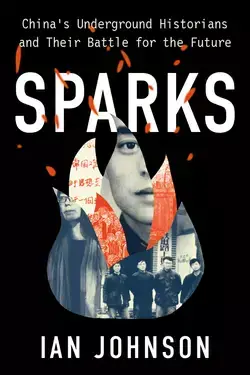
Sparks: China’s Underground Historians and Their Battle for the Future
In traditional China, dynasties rewrote history to justify their rule by proving that their predecessors were unworthy of holding power. Marxism gave this a modern gloss, describing history as an unstoppable force heading toward Communism’s triumph. The Chinese Communist Party builds on these ideas to whitewash its misdeeds and justify its rule. But in recent years, critical thinkers from across the land have begun to challenge this state-led disremembering. Using digital technologies to bypass China’s legendary surveillance state, their samizdat journals, guerilla media posts, and underground films document a pattern of disasters: from past famines and purges to the ethnic clashes and virus outbreaks of the present.
Based on years of research in Xi Jinping’s China, Sparks challenges stereotypes of a China where the state has quashed all free thought, revealing instead a country engaged in one of humanity’s great struggles of memory against forgetting – a battle that will shape the China that emerges in the mid-21st century.
Reviews by Rana Mitter and in The New York Times.
Date & Time: March 22nd, Friday | 12:00pm – 13:00pm
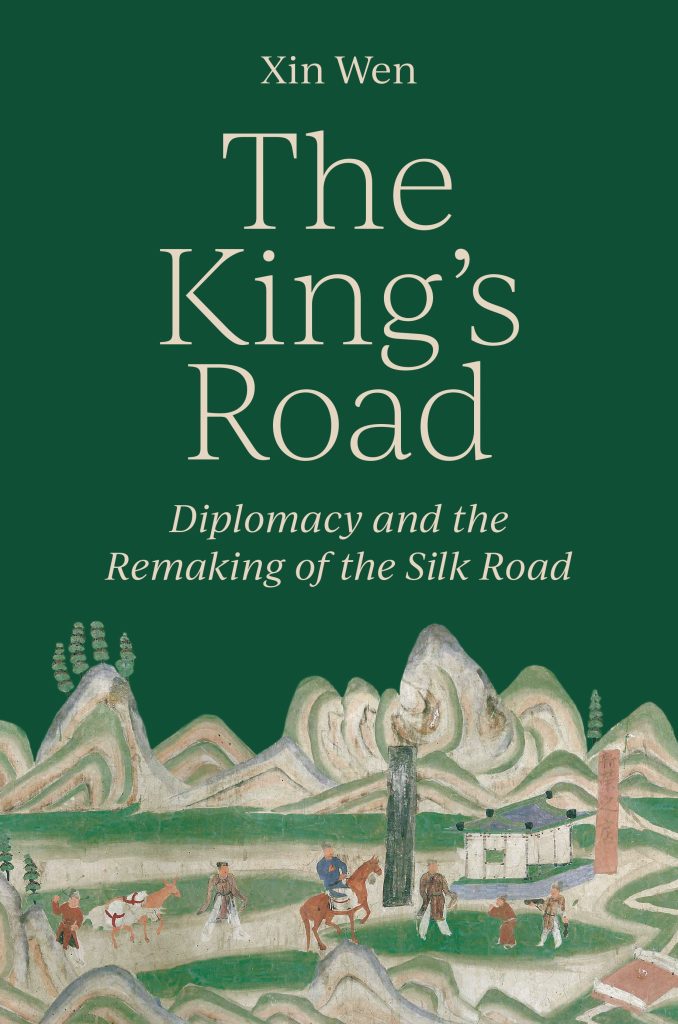
The King’s Road: Diplomacy and the Remaking of the Silk Road
The King’s Road offers a new interpretation of the history of the Silk Road, emphasizing its importance as a diplomatic route, rather than a commercial one. Tracing the arduous journeys of diplomatic envoys, Xin Wen presents a rich social history of long-distance travel that played out in deserts, post stations, palaces, and polo fields. The book tells the story of the everyday lives of diplomatic travelers on the Silk Road—what they ate and drank, the gifts they carried, and the animals that accompanied them—and how they navigated a complex web of geographic, cultural, and linguistic boundaries. It also describes the risks and dangers envoys faced along the way—from financial catastrophe to robbery and murder.
Reviews by Federico Jensen 和 Peter Gordon.
Date & Time: April 26th, Friday | 12:00pm – 13:00pm
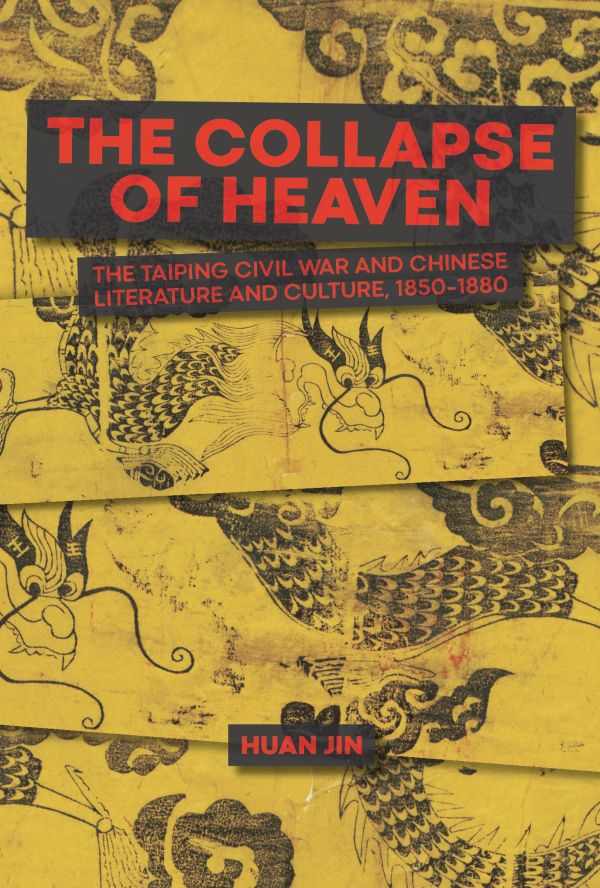
The Collapse of Heaven: The Taiping Civil War and Chinese Literature and Culture 1850-1880
The Collapse of Heaven investigates a long-neglected century in Chinese literature through the lens of the Taiping War (1851–1864), one of the most devastating civil wars in human history. With the war as the pivot, Huan Jin examines the manifold literary and cultural transformations that occurred from the 1850s to the 1880s. The book analyzes a wide range of writings—proselytizing pamphlets, diaries, poetry, a full-length novel, drama, and short stories—with a particular emphasis on the materiality of these texts as well as their production and dissemination. Tracing allusions to political turbulences across many genres, Jin discusses how late imperial Chinese literary and cultural paradigms began to unravel under conditions of extreme violence and tracks the unexpected reinventions of literary conventions that marked the beginning of Chinese literary modernity. In addition to making a significant contribution to Chinese studies, this book offers an important comparative perspective on the global nineteenth century and engages with broad scholarly discussions on religion, violence, narrative, history, gender, theater, and media studies.
For paper or electronic copies of the book, please contact Sharon sz2254@nyu.edu.
Date & Time: May 7th, Tuesday | 12:00pm – 13:00pm
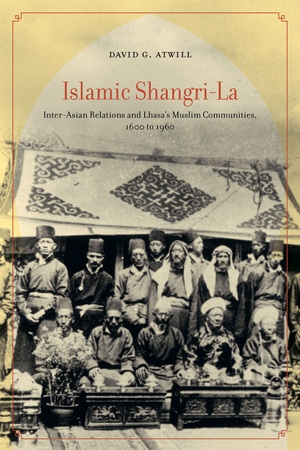
Islamic Shangri-La: Inter-Asian Relations and Lhasa’s Muslim Communities, 1600-1960
Islamic Shangri-La transports readers to the heart of the Himalayas as it traces the rise of the Tibetan Muslim community from the 17th century to the present. Radically altering popular interpretations that have portrayed Tibet as isolated and monolithically Buddhist. David Atwill’s vibrant account demonstrates how truly cosmopolitan Tibetan society was by highlighting the hybrid influences and internal diversity of Tibet. In this exploration of Tibetan Muslim experience, this book presents an unparalleled perspective of Tibet’s standing during the rise of post-World War II Asia.
Reviews by Morris Rossabi 和 Jacqueline Armijo.
Date & Time: September 22nd, Friday | 12:00pm – 13:00pm
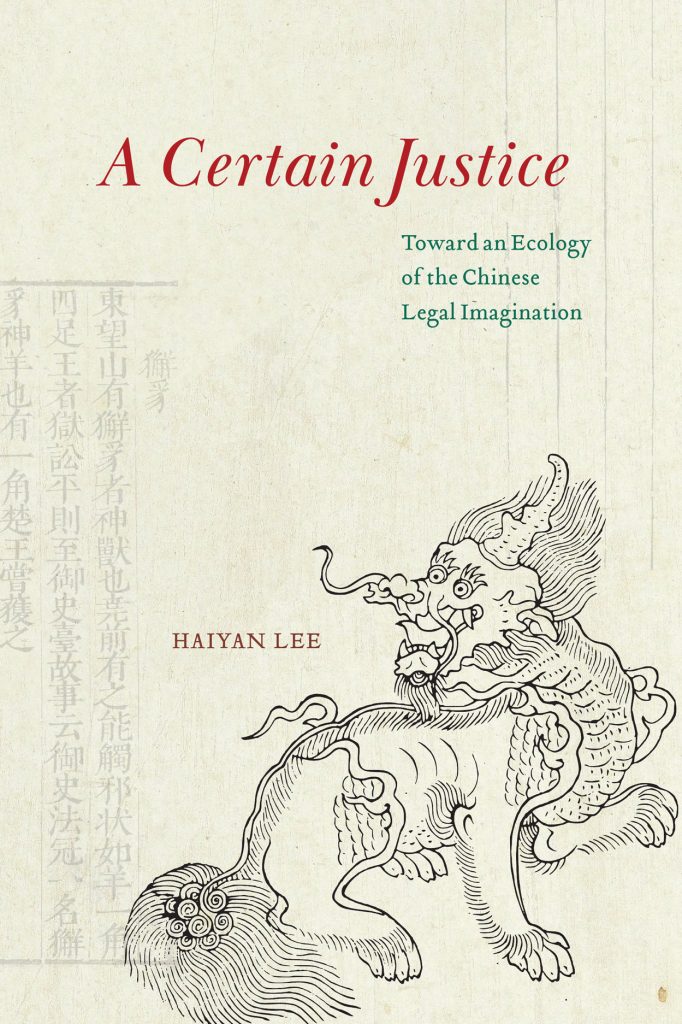
A Certain Justice: Toward an Ecology of the Chinese Legal Imaginations
In this highly original contribution to the interdisciplinary field of law and humanities, Haiyan Lee contends that this image arises from a skewed understanding of China’s political-legal culture, particularly the failure to distinguish what she calls high justice and low justice. In the Chinese legal imagination, Lee shows, justice is a vertical concept, with low justice between individuals firmly subordinated to the high justice of the state. China’s political-legal culture is marked by a mistrust of law’s powers, and as a result, it privileges substantive over procedural justice. Calling on a wide array of narratives — stories of crime and punishment, subterfuge and expose, guilt and redemption — A Certain Justice helps us recognize the fight for justice outside the familiar arenas of liberal democracy and the rule of law.
Date & Time: October 20th, Friday | 12:00pm – 13:00pm
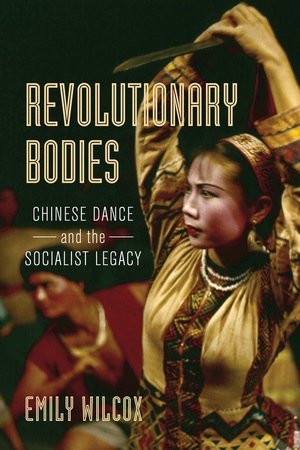
《革命的身体》 is the first English-language primary source-based history of concert dance in the People’s republic of China. Combining over a decade of ethnographic and archival research, Emily Wilcox analyzes major dance works by Chinese choreographers staged over an eight-year period from 1935 to 2015. Using previously unexamined film footage, photographic documentation, performance programs, and other historical and contemporary sources, Wilcox challenges the commonly accepted view that Soviet-inspired revolutionary ballets are the primary legacy of the socialist era in China’s dance field. The digital edition of this title includes nineteen embedded videos of selected dance works discussed by the author.
Reviews by Xing Fan 和 Fangfei Miao.
Date & Time: November 17th, Friday | 12:00pm – 13:00pm
邮箱:shanghai.cga@nyu.edu
电话:+86 (21) 20595043
微信公众号:NYUShanghaiCGA
地址:
上海市浦东新区杨思西路567号
W822室

© 2024 All Rights Reserved